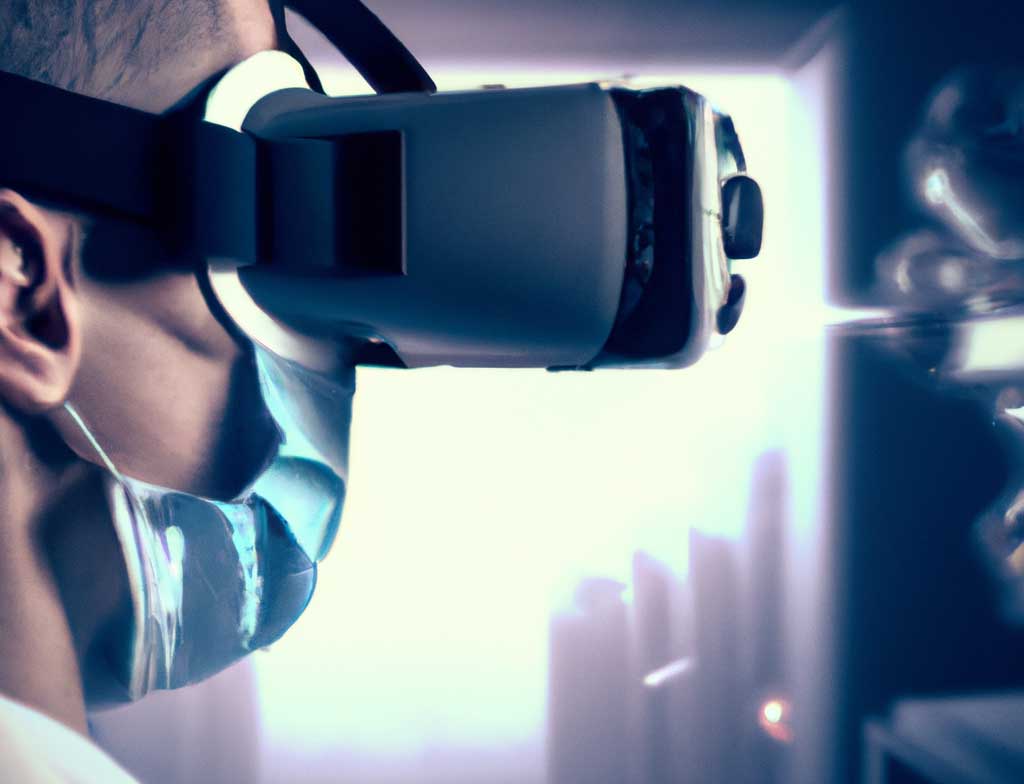Virtual Reality (VR) technology presents numerous opportunities for the healthcare industry. It allows users to fully immerse themselves in digital environments and interact with them realistically and intuitively. This technology has various potential applications in healthcare, including education, training, therapy and treatment. In this article, we will examine why hospitals should consider implementing VR technology.
VR for medical education and training
One key reason for hospitals to consider VR is its ability to improve medical education and training. VR can create realistic simulations of medical procedures and scenarios, enabling healthcare professionals to practice and improve their skills safely. These simulations can reduce errors, improve patient outcomes, and increase training efficiency. VR can also educate patients about their conditions and treatment options, enabling them to make informed decisions about their care.
VR for patient care
Another reason hospitals should consider VR is its potential to enhance patient care and treatment outcomes. VR can provide therapy and rehabilitation for patients with various conditions, such as chronic pain, PTSD, and phobias. It can be especially beneficial for patients who cannot access traditional forms of therapy due to physical or logistical barriers. VR can also help patients better manage their conditions by providing them with tools and resources.

Virtual Reality to reduce healthcare costs
In addition to these benefits, VR has the potential to reduce healthcare costs by streamlining processes and improving efficiency. For example, VR can remotely diagnose and treat patients, reducing the need for in-person visits and potentially saving hospitals and healthcare systems money. VR can also automate certain tasks and processes, freeing up healthcare professionals to focus on more complex and specialized tasks.
Adoption of VR technology in hospitals
Overall, the adoption of VR technology in hospitals can bring numerous benefits, including enhanced medical education and training, improved patient care and treatment outcomes, and reduced healthcare costs. Hospitals that are interested in implementing VR should carefully evaluate the potential benefits and necessary resources before doing so. By properly planning and implementing VR technology, hospitals can fully leverage its potential to enhance their operations and improve patient care.
More:
